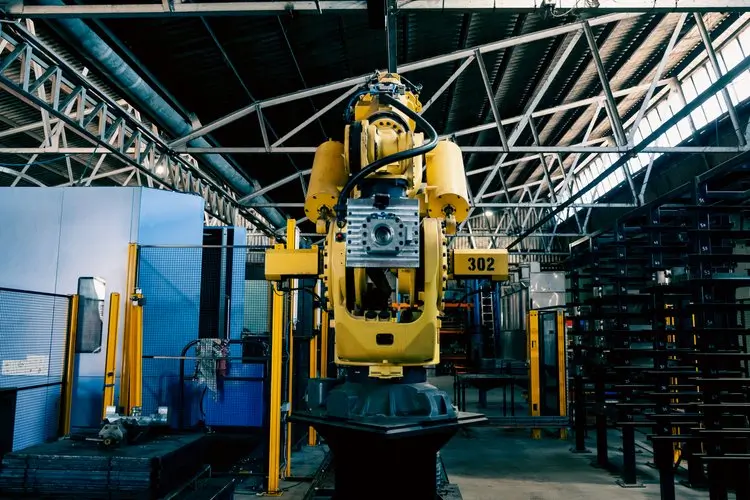In recent decades, Computer Numerical Control (CNC) machining has revolutionized the world of engineering and manufacturing. Through the integration of the latest technology and traditional manufacturing processes, CNC machining has emerged as a dominant method for producing high-precision parts and components across various industries. This article explores CNC’s advantages, various applications, and the mechanics.
The Mechanics of CNC Machining
CNC machining employs subtractive processes to remove material from the workpiece or solid block in order to achieve the shape you want. The process is based on pre-programmed computers that direct the movements of machines. The code generated on CNC machines is dependent on the kind of CNC machine and complexity of part to be produced. But the basic principle remains the same. A high-speed cutting machine precisely carves away material to create the finished product.

Precision is one of the main benefits of CNC machining. Its digital nature permits consistent and accurate production. This reduces human error and ensures consistency across batches. This level precision is vital in the fields that are affected by even the smallest deviations, like aerospace, automotive manufacturing and medical equipment.
Digitalised computers and CNC Machine Operations
CNC machining is an extremely accurate and efficient process that relies on digital technology. CNC machines can be operated by software that automates manufacturing. This software transforms computer-aided designing (CAD), into a series precise instructions. The CNC machine will then follow these directions to produce the part. The instructions are able to determine everything from the direction and speed of the cutting tool to the angle and depth of each cut.
In larger industrial facilities on a size, computers can be integrated directly into CNC machines. This makes it possible to communicate seamlessly and control. This integration enables real-time monitoring and adjustments, ensuring optimal performance and reducing the amount of downtime. Automating CNC machining allows the continuous operation. This improves productivity and reduces lead times.
CNC Machining and Its Advantages
CNC machining offers numerous advantages over traditional manufacturing methods. The ability to create intricate and complex components with high accuracy is among its most important benefits. CNC machining is precise, eliminating the need for manual adjustments or rework. This reduces waste and increases efficiency. CNC machines are continuously operating and are ideal for large-scale production.
CNC machining offers another benefit that is its versatility. By changing the program it is possible to use the same machine to make various parts. This flexibility makes CNC machine-making suitable for prototypes and production in mass quantities, which allows manufacturers to respond quickly to changing market demands.
Automation of CNC machines also increases workplace safety. Accidents and injuries are reduced when manual intervention is not required. CNC-machined parts are of high quality, enhancing product performance and reliability and enhancing the satisfaction of customers and brand reputation.
CNC Machining Services Benefits for Industries
The versatility, precision and efficiency of CNC machining is utilized in a variety of industries. CNC machines used in aerospace manufacture components that must meet high safety and standards of performance. CNC machining is crucial in the medical industry for surgical instruments that are complex and implants, where precision is crucial.
CNC machining in the automobile industry is utilized to create engine parts, transmission components, and intricate features for interior and exterior. Electronics manufacturers also benefit from CNC-machined small and intricate parts that are used in consumer electronics or communication devices. Even the art and jewelry industries rely on CNC technology to produce intricate designs and unique pieces.
The future of CNC Machining
CNC machining will continue to advance as technology advances. Innovative technologies like multi-axis machine machining, additive manufacturing integration, and the use of advanced materials will continue to push the boundaries of what can be achieved using CNC technology. The development of machine learning and artificial intelligence will likely improve the precision and efficiency of CNC machine machining.
CNC Machining is a highly efficient tool that has revolutionized the world of manufacturing and engineering. It provides unmatched precision, flexibility and efficiency. The ability to create intricate parts with high-precision makes it an indispensable tool in a variety of industries. CNC machining’s role in manufacturing’s future will be vital as technology evolves.
